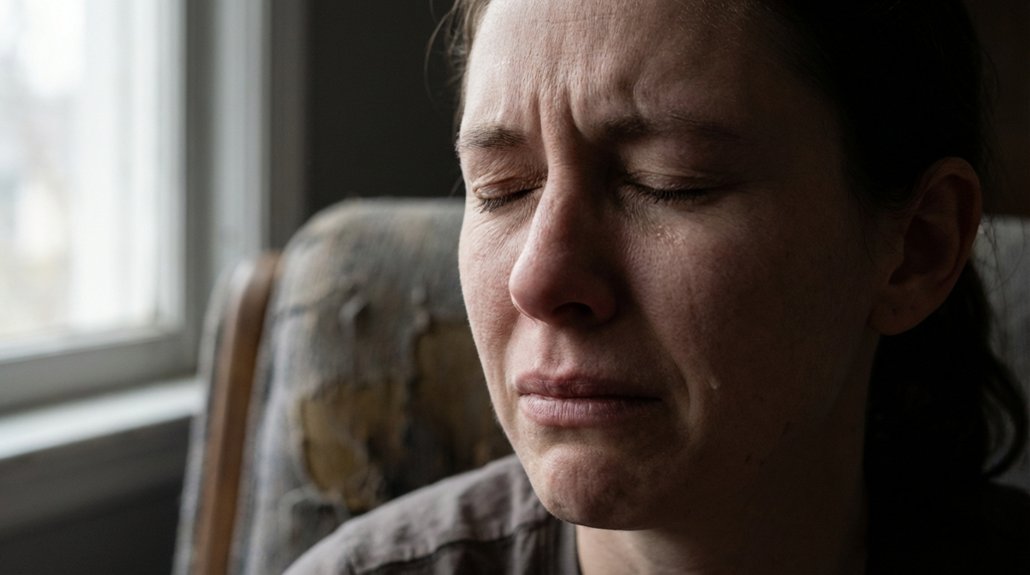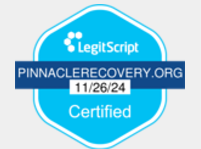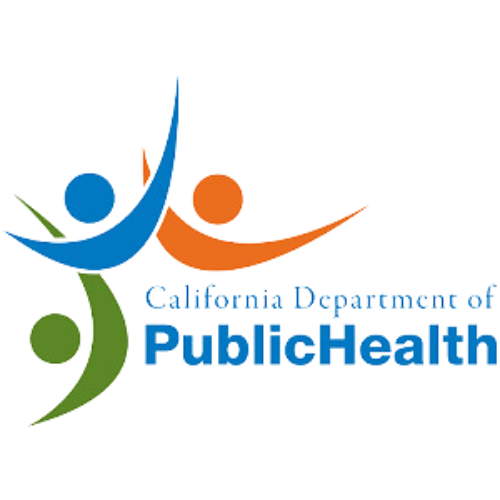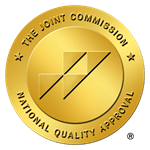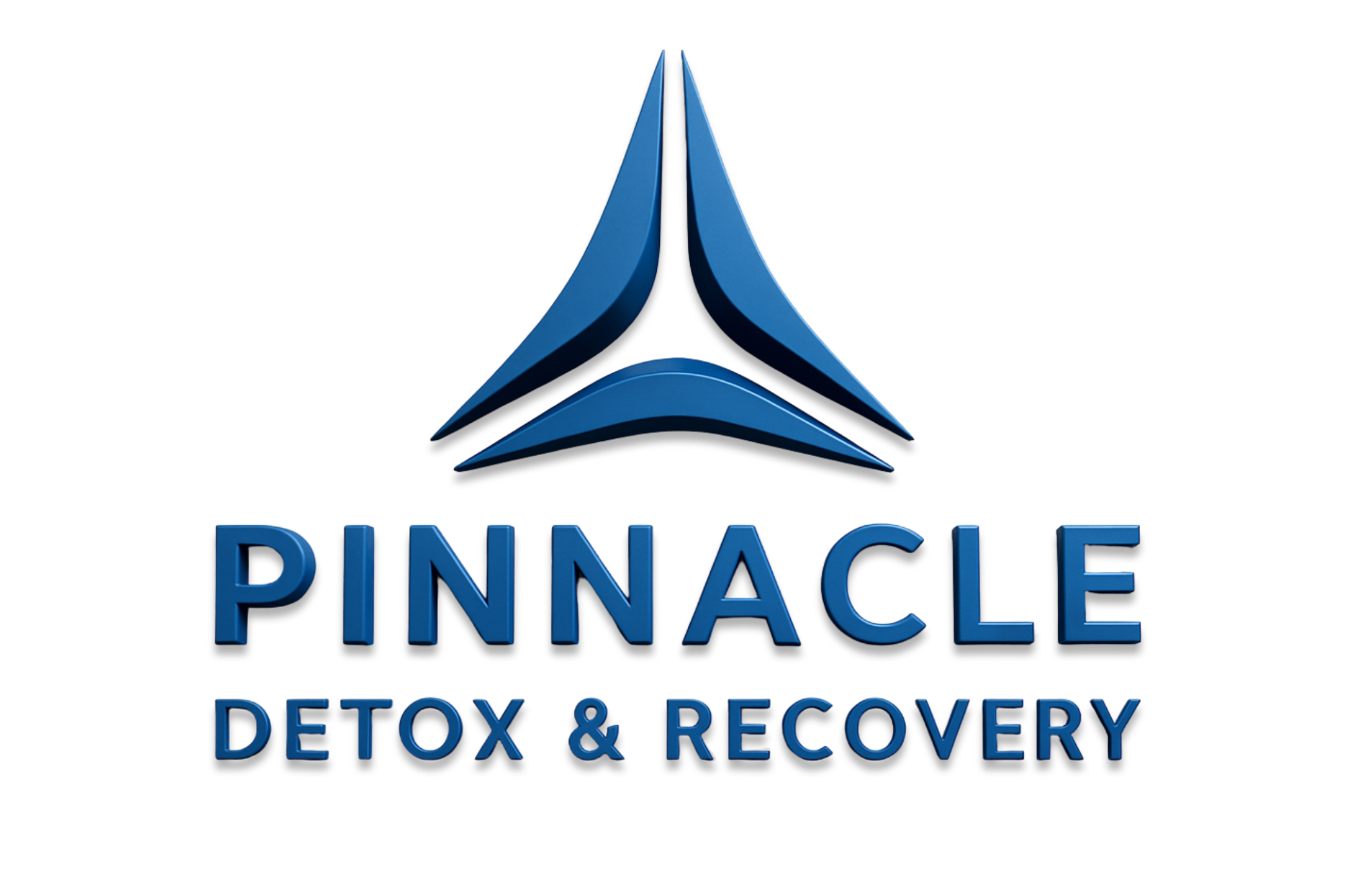A typical detox process in rehab takes 7-14 days, though your individual timeline may vary based on the substances used and addiction severity. You'll experience the most intense withdrawal symptoms during the initial 24-72 hours under medical supervision, with physical symptoms generally subsiding within the initial week. Post-acute withdrawal symptoms can persist for weeks or months afterward. Understanding the specific factors that influence your detox duration can help you prepare for a successful recovery path.
 The complex nature of drug and alcohol detoxification follows a predictable yet individualized timeline that medical professionals carefully monitor. Evidence-based practices indicate that you'll need at least 90 days of extensive treatment for ideal recovery outcomes, with the initial detox phase typically lasting 7-10 days. During the foremost 24-72 hours, you'll experience peak withdrawal symptoms under medical supervision. This critical period requires integrative therapies and careful monitoring, especially for alcohol detox, where seizure risks are highest. Medical staff closely observe patients since tremors and shaking commonly appear within 6 hours after the last drink. Your specific timeline will depend on factors like substance use history and co-occurring health conditions. While physical symptoms generally subside within the first week, you'll need ongoing support for post-acute withdrawal symptoms that can persist for weeks or months. Medical professionals will adjust your treatment plan based on your progress and individual needs.
The complex nature of drug and alcohol detoxification follows a predictable yet individualized timeline that medical professionals carefully monitor. Evidence-based practices indicate that you'll need at least 90 days of extensive treatment for ideal recovery outcomes, with the initial detox phase typically lasting 7-10 days. During the foremost 24-72 hours, you'll experience peak withdrawal symptoms under medical supervision. This critical period requires integrative therapies and careful monitoring, especially for alcohol detox, where seizure risks are highest. Medical staff closely observe patients since tremors and shaking commonly appear within 6 hours after the last drink. Your specific timeline will depend on factors like substance use history and co-occurring health conditions. While physical symptoms generally subside within the first week, you'll need ongoing support for post-acute withdrawal symptoms that can persist for weeks or months. Medical professionals will adjust your treatment plan based on your progress and individual needs.
 Multiple interconnected variables influence the duration of your detox process, with considerable variations possible based on five core determinants. Your substance type profoundly impacts timeline, with opioids and alcohol typically requiring 7-14 days, while benzodiazepines may take weeks. Your usage history, including frequency and poly-substance patterns, can extend the detox period. Pre-existing health conditions and co-occurring mental health disorders may necessitate specialized care, affecting duration. The treatment approach you'll receive, whether through MAT or medical supervision, influences timeline length. Inpatient programs provide comprehensive round-the-clock care and monitoring. Furthermore, your genetic makeup, support network, and commitment to lifestyle modifications play vital roles. Understanding and managing environmental triggers during treatment can also impact your detox duration, making each person's course unique to their circumstances. Research shows that longer treatment periods consistently lead to more successful recovery outcomes. Medical professionals will carefully assess and monitor your progress throughout the detox process to ensure safety and effectiveness.
Multiple interconnected variables influence the duration of your detox process, with considerable variations possible based on five core determinants. Your substance type profoundly impacts timeline, with opioids and alcohol typically requiring 7-14 days, while benzodiazepines may take weeks. Your usage history, including frequency and poly-substance patterns, can extend the detox period. Pre-existing health conditions and co-occurring mental health disorders may necessitate specialized care, affecting duration. The treatment approach you'll receive, whether through MAT or medical supervision, influences timeline length. Inpatient programs provide comprehensive round-the-clock care and monitoring. Furthermore, your genetic makeup, support network, and commitment to lifestyle modifications play vital roles. Understanding and managing environmental triggers during treatment can also impact your detox duration, making each person's course unique to their circumstances. Research shows that longer treatment periods consistently lead to more successful recovery outcomes. Medical professionals will carefully assess and monitor your progress throughout the detox process to ensure safety and effectiveness.
 The fundamental distinction between inpatient and outpatient detox programs lies in their time commitments and treatment intensity. While inpatient detox typically requires 3-10 days of residential care with potential extended rehab of 30-90 days, outpatient programs offer daily sessions over several weeks or months. Medical professionals can administer withdrawal medications during outpatient visits to help manage symptoms. Those choosing outpatient care must have a stable home environment to achieve optimal recovery outcomes. Many programs implement cognitive behavioral therapy as a core treatment component. The flexibility of outpatient detox allows you to maintain work and family responsibilities while receiving treatment. However, holistic inpatient program benefits include round-the-clock medical supervision and extensive therapeutic support. Research by NIDA suggests that successful long-term recovery often requires at least 90 days of structured treatment, regardless of the chosen format. Your individual needs, substance use history, and withdrawal severity will ultimately determine the appropriate duration. While inpatient programs demand full commitment, outpatient options provide adaptable schedules that accommodate your daily life.
The fundamental distinction between inpatient and outpatient detox programs lies in their time commitments and treatment intensity. While inpatient detox typically requires 3-10 days of residential care with potential extended rehab of 30-90 days, outpatient programs offer daily sessions over several weeks or months. Medical professionals can administer withdrawal medications during outpatient visits to help manage symptoms. Those choosing outpatient care must have a stable home environment to achieve optimal recovery outcomes. Many programs implement cognitive behavioral therapy as a core treatment component. The flexibility of outpatient detox allows you to maintain work and family responsibilities while receiving treatment. However, holistic inpatient program benefits include round-the-clock medical supervision and extensive therapeutic support. Research by NIDA suggests that successful long-term recovery often requires at least 90 days of structured treatment, regardless of the chosen format. Your individual needs, substance use history, and withdrawal severity will ultimately determine the appropriate duration. While inpatient programs demand full commitment, outpatient options provide adaptable schedules that accommodate your daily life.
Understanding the Standard Timeline for Drug and Alcohol Detox

Key Phases of the Withdrawal Process
Breaking down the withdrawal process reveals four distinct phases, each characterized by specific physical and psychological symptoms that emerge as your body adjusts to substance cessation. During the initial 12 hours, you'll experience initial symptoms like anxiety, headaches, and tremors. Symptom severity variations intensify during the mid-phase (12-48 hours), marked by increased neurological distress and indispensable sign abnormalities. The peak severity phase (24-72 hours) presents the highest medical risks, including potential delirium tremens and seizures. Medical professionals strongly recommend seeking guidance before attempting to quit alcohol use to ensure safety during withdrawal. Withdrawal timeline dynamics extend into the post-acute phase (72+ hours), where you may face lingering physical and psychological challenges. Your individual experience depends on factors like consumption history, generation, gender, and pre-existing conditions, making medical supervision critical throughout the detox process. Medical professionals may prescribe medications like clonidine and other treatments to help manage withdrawal symptoms safely and effectively.Factors That Determine Your Detox Duration

Medical Supervision and Safety Protocols During Detox
Professional medical supervision stands as the cornerstone of safe detoxification, guaranteeing your well-being through extensive monitoring and evidence-based interventions. You'll receive round-the-clock medication oversight from trained clinicians who carefully adjust treatment protocols based on your withdrawal symptoms and critical signs. Complex brain disease requires this level of comprehensive care to ensure safe recovery and prevent dangerous complications. Initial screening includes biochemical marker testing to support the comprehensive clinical assessment and enhance treatment motivation. During your detox, you can expect:- Continuous monitoring of blood pressure, heart rate, and respiratory function to detect complications early
- Precise administration of medications like benzodiazepines or buprenorphine, with dosages customized to your needs
- Immediate emergency preparedness with protocols for managing seizures, delirium tremens, or respiratory issues
- Regular reassessments every 6-24 hours to modify your treatment plan based on your response and progress
Inpatient vs. Outpatient Detox Time Differences

Managing Withdrawal Symptoms Throughout Recovery
Managing withdrawal symptoms effectively requires understanding their predictable progression through distinct phases. During the detox process, you'll need targeted interventions that address both physical and psychological symptoms. Managing cravings during withdrawal becomes easier when you understand the typical timeline: most acute symptoms peak within 48-72 hours. Regular alcohol consumption can lead to chemical dependence issues that require careful medical monitoring. Your medical team will implement these evidence-based protocols:- Medication management using benzodiazepines for alcohol withdrawal or non-opioid painkillers for general discomfort
- Intensive hydration and electrolyte replacement to combat fluid loss
- Strategic nutritional supplementation addressing deficiencies through B vitamins and minerals
- Anti-anxiety and anti-nausea medications to stabilize mood and enable proper nutrition
Transitioning From Detox to Long-Term Treatment
Successfully completing detox marks the beginning of your extensive recovery process, not its endpoint. You'll move into a stabilization phase where medical supervision continues while you're introduced to rehabilitative therapy recommendations within 72 hours post-detox. Your treatment path may include inpatient care, partial hospitalization, or outpatient services, depending on your addiction severity and life circumstances. You'll engage in evidence-based therapies like CBT, group sessions, and family counseling to address psychological dependencies. If you're recovering from opioids or benzodiazepines, you may need ongoing medication management to prevent withdrawal complications. Your care team will help develop relapse prevention strategies through aftercare planning, crisis intervention protocols, and regular progress assessments. They'll also activate support systems, including family networks and peer recovery groups, to strengthen your long-term recovery foundation.Customizing Your Detox Program Length for Success
Your personalized detox program length will depend on multiple clinical factors, including substance type, usage patterns, and co-occurring medical conditions. Your thorough medical history, including previous treatment attempts and current health status, directly influences the duration needed for safe withdrawal management. Your specific recovery objectives and post-detox treatment plans help determine an appropriate timeline that optimizes your chances for successful long-term sobriety.Personalized Assessment Factors First
Before beginning any detox program, medical professionals must conduct a thorough evaluation to determine the ideal length and intensity of treatment based on multiple personal factors. Your customized treatment plans will reflect your unique circumstances and client goals through a comprehensive assessment process. Key evaluation components include:- Physical dependency severity - evaluating substance use patterns, duration, and quantity to gauge withdrawal risk
- Mental health status - screening for co-occurring disorders that could impact detox timeline
- Support system strength - assessing family and community resources available during recovery
- Substance combinations - determining if polydrug use requires specialized detox protocols
Medical History Impacts Duration
Building on the extensive assessment process, a client's medical history plays a fundamental role in determining the length and intensity of their detox program. If you have chronic health issues like liver or kidney dysfunction, your body's natural detoxification process may require extended supervision. Genetic factors can also influence how quickly you metabolize substances, potentially prolonging withdrawal timelines. Pre-existing conditions such as diabetes or cardiovascular disease necessitate carefully customized protocols to manage withdrawal safely. Your medical team will consider these factors when determining whether you'll need an extended detox period of 2-4 weeks versus a standard 5-7 day program. For those with co-occurring mental health disorders, the detox timeline may lengthen to accommodate psychiatric stabilization and specialized medication management protocols.Recovery Goals Shape Timeline
The development of personalized recovery goals markedly influences the duration and structure of detox programming. Your specific objectives determine whether you'll need a shorter medical stabilization period or an extended therapeutic approach. Recovery timelines adjust based on:- Substance-specific withdrawal protocols, with alcohol and opioid detox typically requiring longer medical supervision
- Post-detox treatment continuity needs, including shifts to inpatient or outpatient care
- Social and environmental reintegration goals, such as establishing sober living arrangements and support systems
- Dual diagnosis considerations, where co-occurring mental health conditions may extend the stabilization period
